The family caregiver of a loved one with any kind of dementia-causing disease (researchers tell us there are over 100) is tremendously overburdened. He/she is painfully slowly losing that loved one to a disease that cannot be successfully treated, cured and is ultimately fatal. Brain cells are dying, protein clumps are forming, and holes are becoming visible during brain scans. Brain chemicals are disrupted.

All of this chaos affects this loved one by causing loss of memory, changes in emotions, language difficulties with speaking & understanding words, inability to think clearly & problem solve, and in judgment skills. Their personality becomes that of someone very different than their loved one. The results are that very unusual and disturbing behaviors begin to be displayed. Since the brain is the entire body’s command post, many kinds of physical decline begin to show up also. Loss of hearing, eyesight, balance & coordination, sense of smell & taste and all body functions decline. The person loses the ability to care for him/herself in EVERY way.
The plight of the family caregiver of this loved one is nationally underrecognized!!! They become the FORGOTTEN patient. The caregiver is negatively affected financially and socially.
There are both physical & mental health consequences of caring for a loved one with dementia, whether that loved one is living at the caregiver’s home, locally in an assisted living/memory care, or in another town or state.
According to several sources :
- Family caregivers experiencing extreme stress have been shown to age prematurely & this level of stress can take as much as 10 years off a family caregiver’s life
- 40% have clinically significant symptoms of depression with ~ 25-50% meeting the diagnostic criteria for major depression
- Stress of family caregiving for persons with dementia has been shown to impact a person’s immune system for up to three years after their caregiving ends thus increasing their chances of developing a chronic illness themselves.
- Higher levels of anxiety & depression result from managing behavioral problems needing constant supervision
- It is estimated by the Alzheimer’s Association that approximately 19% of caregivers actually die before the person for whom they are caring!
Research findings increasingly document that through information, education, and psychosocial programs of support it will:
- Relieve their burden of stress which will enhance the quality of life for both the caregiver & their loved one living with dementia.
- Improve mental & physical health outcomes for the caregivers.
- Decrease depression, isolation, anxiety.
It is likely that these interventions will also delay the placement in a care facility of their loved one, reducing the financial stress for both the family and the Medicare/Medicaid system.
It is imperative that programs containing these elements be utilized and/or developed and financially supported in every community:
Monthly on-going support groups that are limited in number
One-on-one consultations in an office or in the home
Training on caregiving techniques Assistance in times of crisis
Referrals to local & national resources
Advocacy in facilities & in the healthcare community
Educational presentations to local civic & church groups
Professional caregiver training in healthcare facilities where there is hands-on care.
There should be no cost for the family caregiver so all members of a community can participate.
By Lee Ann Hyatt, RN, BSN of We Remember You – Education & Support for Family Caregivers of Persons with a dementia-causing disease serving Rutherford County

